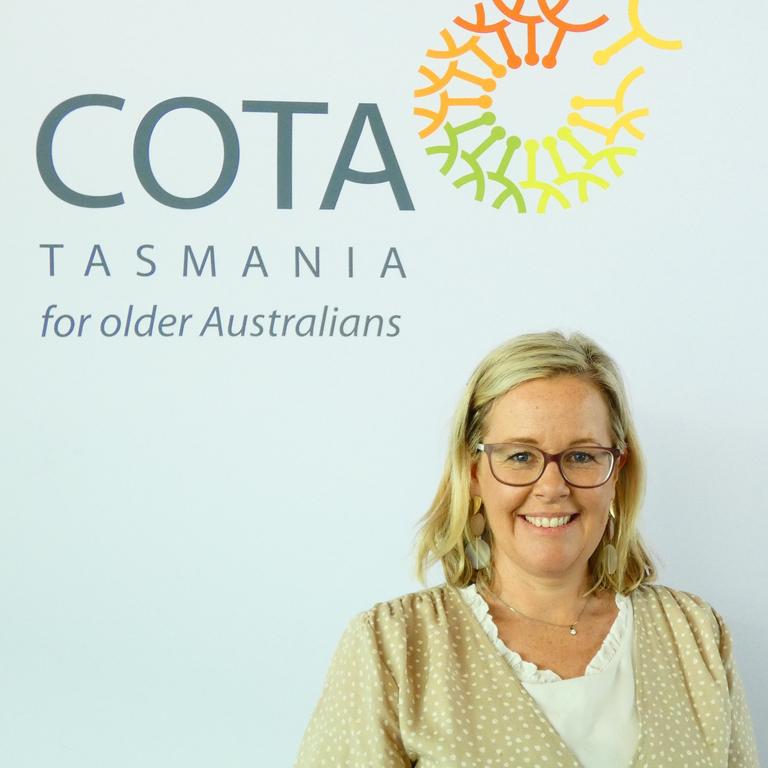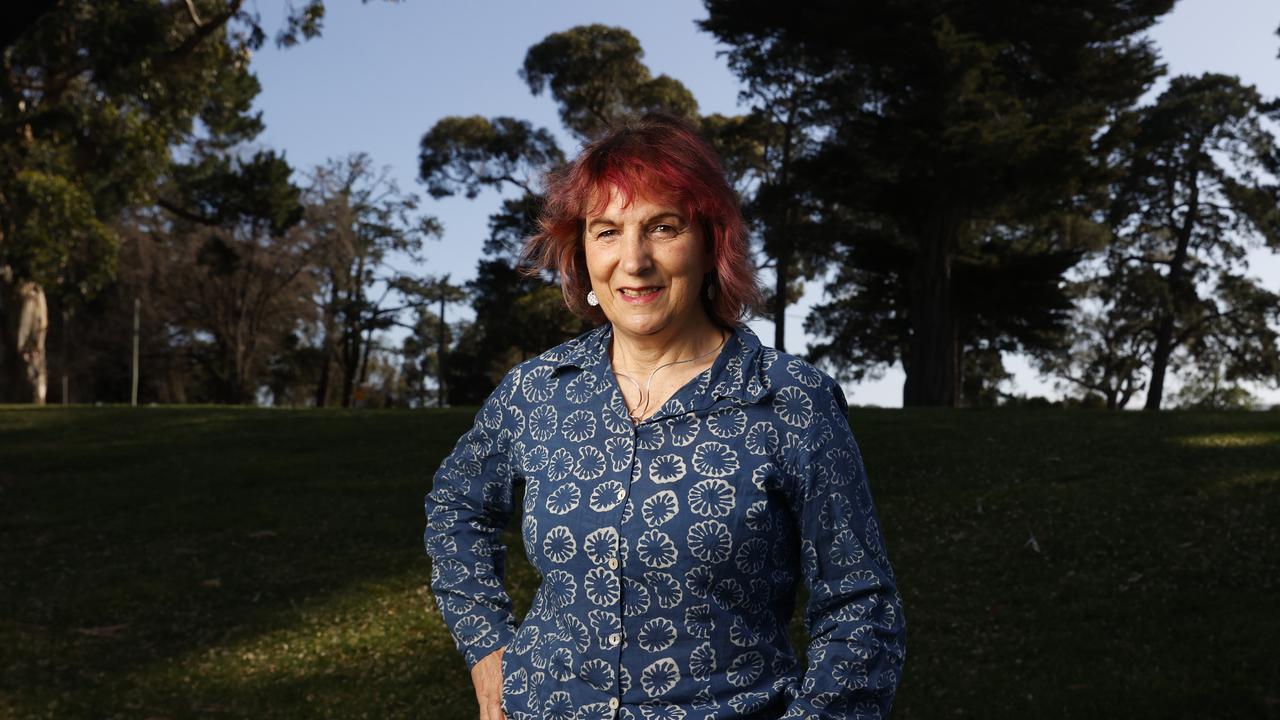Experts say Tasmanians are ageing badly but findings from the ISLAND dementia study give hope of better, longer lives.
A five-year dementia study run out of UTAS is showing drops of 25 per cent in the dementia risk of its study participants. Here is what they are doing to stay healthier for longer.
While Tasmania may officially be Australia’s oldest state, older Tasmanians are getting fed up with being treated as fragile and elderly before their time, and want to see societal shifts that recognise and cater to the lengthening human lifespan.
“Ageism is ripe,” says Bridgid Wilkinson, the CEO of Council of the Ageing Tasmania.
“People might speak really loudly to older people just expecting they’ll be deaf because they’ve got grey hair. Or they might call them dear or love. It’s infantilising.”
Forty per cent of Tasmania’s population are aged above 50, with 20 per cent 65 or older.
With a declining birthrate in the state and the brain drain of younger Tasmanians leaving for the mainland, caring for the growing older demographic should be an urgent issue for the state, experts say.
“[We have] a rapidly ageing older population which presents substantial challenges from an economic, social, and sustainability perspective” demographer Dr Lisa Denny said.
Globally, the World Health Organisation predicts the world’s population of people aged 60 years and older will double to 2.1 billion by 2050, and the pace of population ageing is much faster than at any other point in history.

Ms Wilkinson says Tasmania – and Australia – lag behind much of the world in embracing progressive policies for older people, including intergenerational housing models (such as students living in aged-care homes), gainful employment and lifelong education.
Dr Eddy Roccati is a postdoctoral research fellow at the Wicking Dementia Research and Education Centre at University of Tasmania. He is involved in the longitudinal Island study, which has recruited 13,000 Tasmanians aged 50 and older to be involved in a 10-year program to lower their risk of dementia.
Running since 2019, the study has made significant findings with global application. These include the potential of physical exercise, social connection and formal study to meaningfully lower dementia risk.
According to the most recent statistics, dementia will soon overtake heart disease as this country’s biggest killer.
In 2023, heart diseases caused 9.2 per cent of deaths in Australia, while dementia, which includes Alzheimer’s disease, accounted for 9.1 per cent.
“So what we’ve seen in the first five years is a 25 per cent reduction in risk for dementia,” Dr Roccati said.
“We’re seeing the same response regardless of socio-economic status or age or anything like that. It’s actually benefiting people across the state, which is really positive to see.”

Daphne Habibis is a study participant. She said the study requirements are low – a couple of surveys a year, usually done at home, and she has found the program “cool”.
“What I like about the project is that it provides clear, reliable guidance on exactly what behaviours reduce or increase your risk,” Ms Habibis says.
“The survey also gives you your personal risk profile so you can see what you need to do to get your risk down. For me that’s about eating more fruit and veg and keeping my weight down! No more cakes!”
One of the latest findings of the Island study is the benefits of later-life formal education. Back in 2020 the project offered a free degree at UTAS to any interested study participants. About 500 took up the offer and completed degrees.
“We know it [education] works,” Dr Roccati said, who hopes another round of free UTAS study can be offered in 2025.

“We know it has a really massive positive impact and we want the positive impact to go to, you know, the people who may have for whatever reason in the past, not been able to engage in education. We want the findings of this study to be equitable across the board.”
Ms Wilkinson is a fan of the Island project and welcomes its research. But in many other ways she says the state is falling behind in planning for its ageing population, she says.
“Older folk tell us that they don’t feel that the community is best set up for them. Many don’t feel included in the community or disregarded because they’re viewed as old and the stereotypes that sometimes go along with that.”
Infrastructure and transport issues remain stubbornly unaddressed, she says, as does access to suitable housing such as smaller units with ramps and modifications.
Some states are doing a good job, says Ms Wilkinson, citing Queensland and New South Wales as examples. In both states, significant funding is being offered to organisations that foster intergenerational social ties and reduce isolation – another protective factor in staving off dementia, Dr Roccati says.
“The vast majority of older people will stay living independently in their own home so we need to be thinking about if our communities are built for that and are we connecting across the generations?” Ms Wilkinson says.
“How do we help our population have fulfilling lives across the lifespan?”
eleanor.dejong@news.com.au
More Coverage
Originally published as Experts say Tasmanians are ageing badly but findings from the ISLAND dementia study give hope of better, longer lives.




